Orca Recovery Day
Working together to save our orcas.
Orca Recovery Day is an intentional day of action to build awareness and make a difference for Puget Sound’s local orca pod, the Southern Residents. Whether it’s through habitat restoration parties, raising awareness amongst friends, or hands-on learning for the family, let’s show the world that the Pacific Northwest cares about these animals.
Join us October 18, 2025!
When one member of our family is hurting, so are we.
Whereas other North Pacific orca habitat extends as far as Alaska, the Southern Residents remain close to the Salish Sea and mostly eat Chinook and other species of salmon. Made up of three pods (J, K, L), the Southern Residents have a uniquely tight-knit family structure. The plight of the Southern Residents is an indicator of a greater problem that could affect the whole Puget Sound. Anything you can do to create a better future for orcas will trickle down the ecosystem.
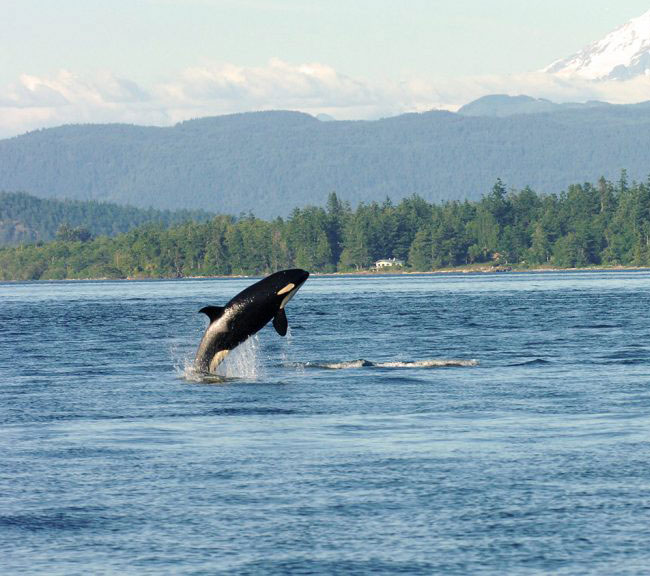
The History
In 2018, the world watched as Tahlequah, a Southern Resident Killer Whale, carried her dead calf for 17 days, traveling almost 1,000 miles off the Pacific Northwest coast before letting go. In response to Tahlequah’s image of grief and the increasing need to help our orcas, Washington conservation districts created Orca Recovery Day, an intentional day of action to restore habitat, reduce stormwater pollution, and educate the public about things they can do everyday to help one of the most iconic species of the Pacific Northwest.
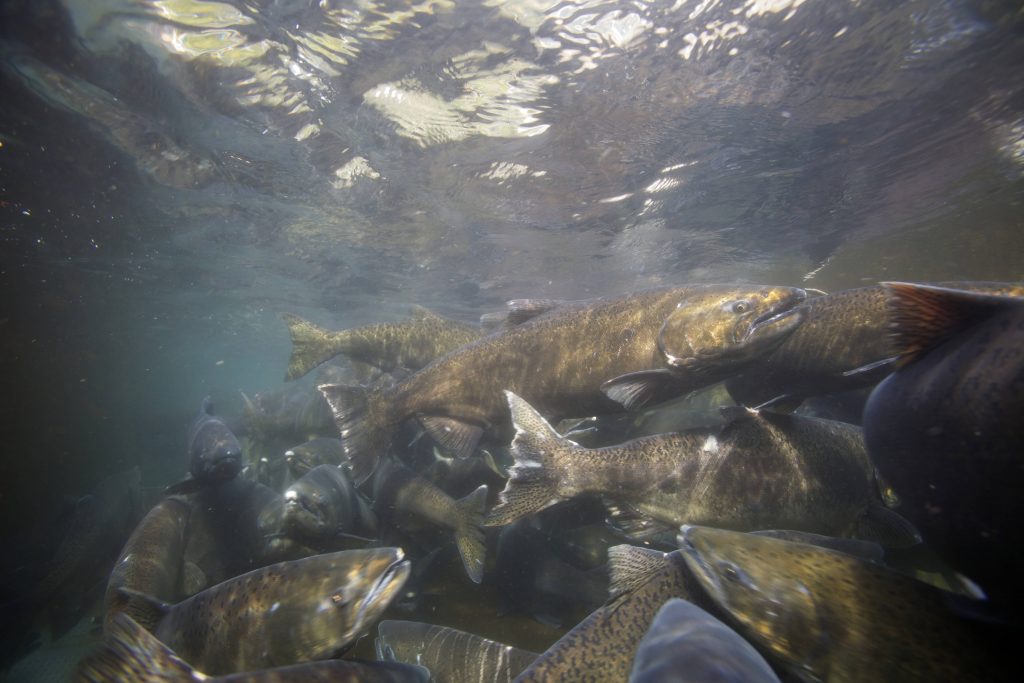
The Problem
Since 2006, the Southern Residents have had a downward trend in their population. There are three main reasons: salmon abundance, toxin accumulations, and noise and disturbance from vessels. Southern Residents rely on their main food source, the endangered Chinook salmon, to survive. They use sound frequencies for echolocation and communication to hunt these salmon, and when vessel noise enters the equation, orcas struggle to pursue their meal and females abandon their hunt altogether. This noise also impacts salmon behavior, while habitat loss, climate change, and increased pollution has made it more difficult for migrating salmon to make the journey home to create new fish.
Planting Trees for Orca
Making a Difference for Salmon
Orca Facts
Salmon in Your Backyard
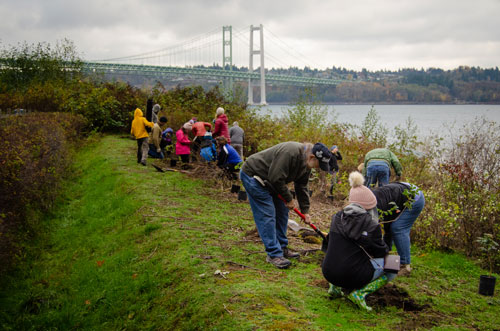
What You Can Do
There’s strength in numbers. With all of us working together, there’s still time to save our orcas. You can plant native shrubs and trees, collect trash along roads and beaches, or expand your green space outside your office building- anything that makes the environment better than how you found it. You can also follow the January 1, 2025 law that mandates boaters to keep 1,000 yards away from Southern Resident killer whales. Bring awareness by using the hashtag #OrcaRecoveryDay and donating to organizations that are helping with the cause.
See what we've accomplished together since 2018...
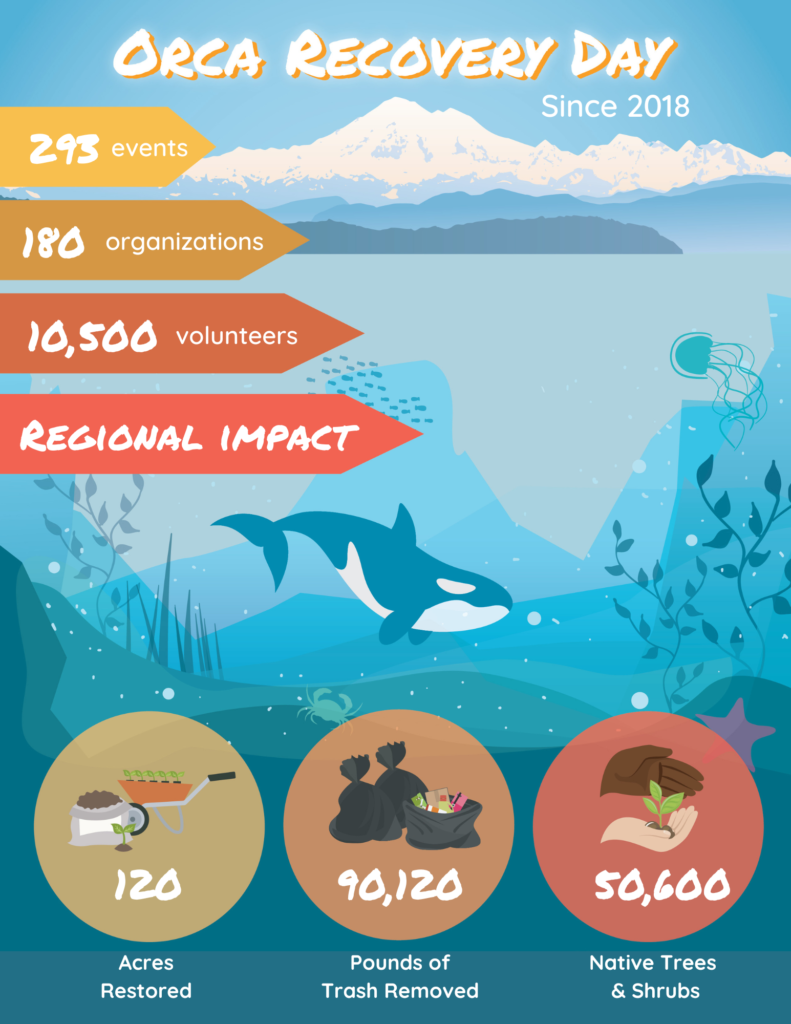
Actions You Can Take
Bring #OrcaRecoveryDay to your home. You can be a part of the solution by joining countless others who are creating habits and taking steps to make a better, healthier environment than the one we have now.
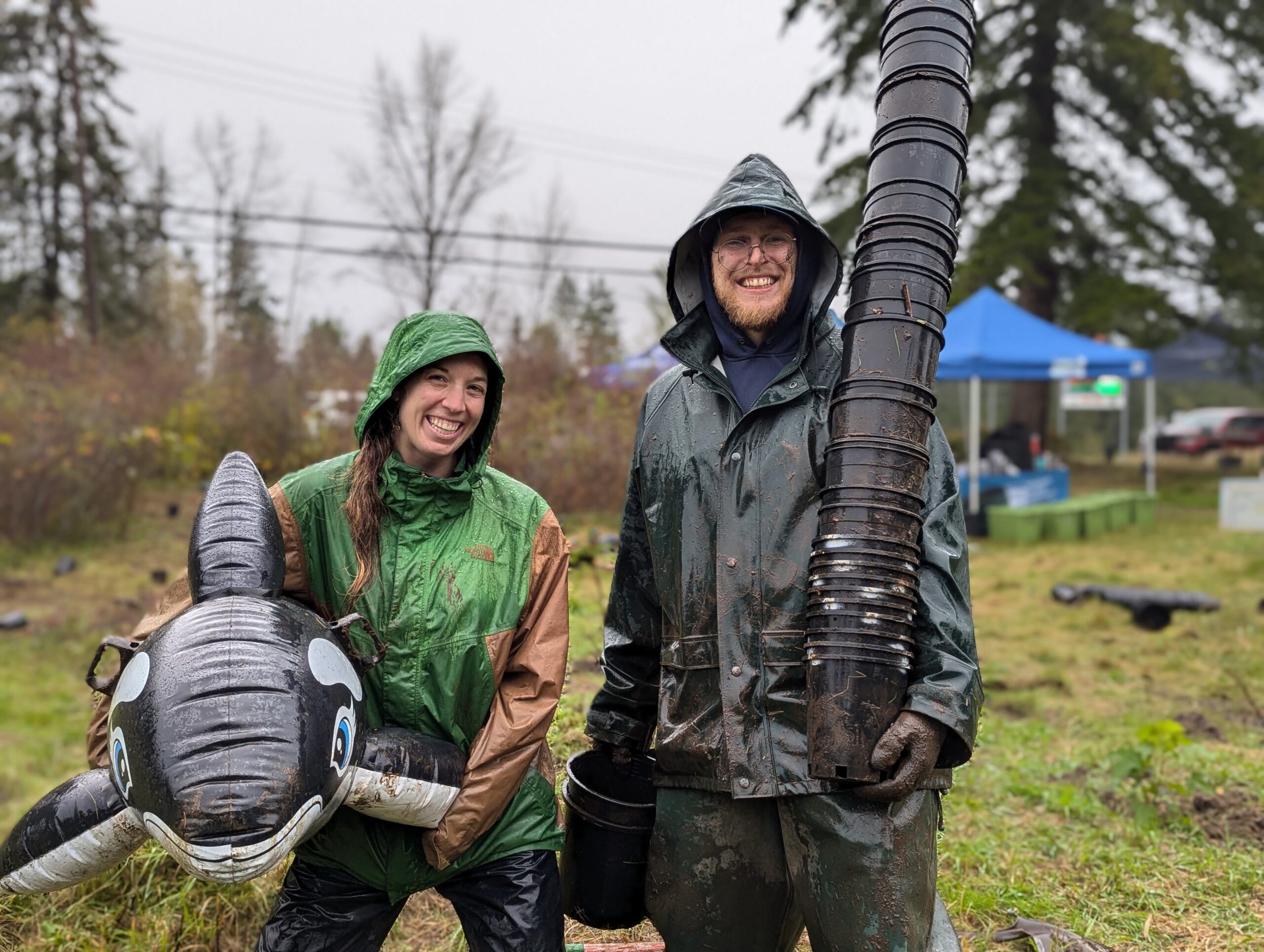
View free-to-use media and resources to promote your event!
Contact Emma Kilgore at ekilgore@snohomishcd.org to gain access.
Thank you to our sponsors!

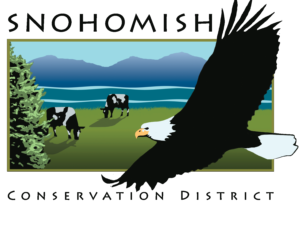
If you watched the promo video and thought something looked different with the Southern Resident Killer Whales, you have a good eye! That footage is of a Type D Antarctic killer whale.
